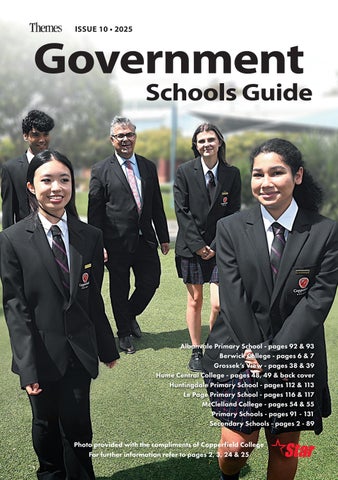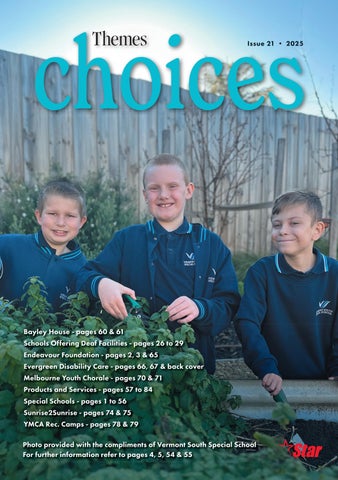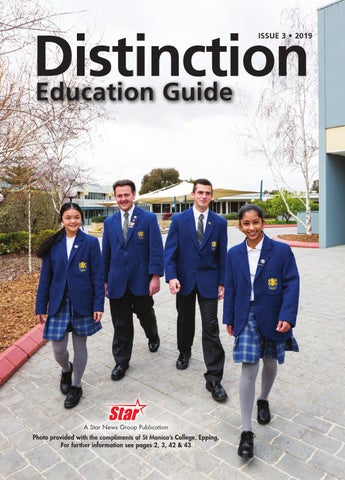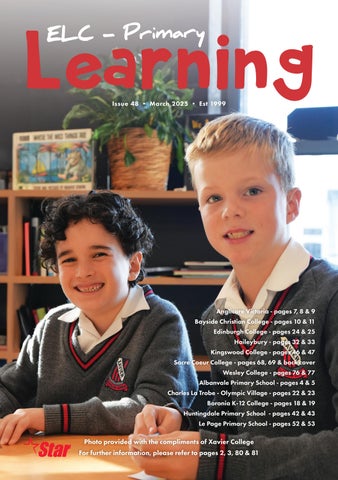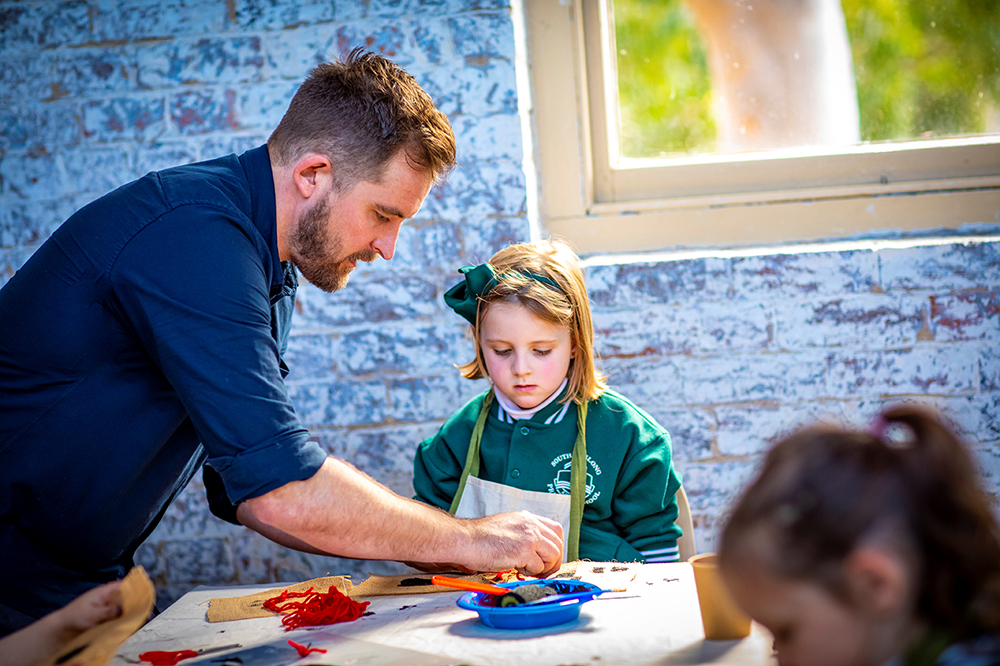Many students across Australia are shifting to learning from home to help slow the spread of COVID-19. While there are strong health arguments for this transition, it has serious implications for fairness and equal opportunity. Unless these issues are addressed, the shift could undermine the education of vulnerable and disadvantaged students. Here, leading experts weigh in on the issues and how to address them.
Associate Professor Sue Nichols, University of South Australia – “Now more than ever, recognition of educational disadvantage must come to grips with digital exclusion”
Sue Nichols is the Associate Head of the University of South Australia’s School of Education. Her areas of research include literacy, school-family partnership, and inclusive education.
She underlines that the present crisis will make it urgent to deal with unequal access to digital resources. “Now more than ever, recognition of educational disadvantage must come to grips with digital exclusion, associated with differences in families’ access, knowledge, use and networks.” said A/Prof Nichols.
“The most disadvantaged Australians are those who rely solely on a mobile phone and the group most affected are single parents. With no common approach to schools’ uptake of digital platforms, and a proliferation of commercial providers, parents struggle to understand what kinds of technological resources and knowledge they need to interact with schools, or should access to support their children’s learning.”
“Schools need to be supported to implement principles of digital inclusion as they work with parents to maintain children’s learning at home.”
For more information or an interview, please contact A/Prof Sue Nichols of the University of South Australia on 0410 441 037 or at sue.nichols@unisa.edu.au
Professor John Fischetti, University of Newcastle – “This hyper-speed transition has exposed a series of profound equity issues.”
Professor John Fischetti is Pro Vice Chancellor of the Faculty of Education and Arts of the University of Newcastle, and President of the NSW Council of Deans of Education. He is an expert on equity issues in education, and on educational leadership. He points to the safety, care, and learning that many students will now be deprived of.
“In one month, schools around the world have transitioned from a predominantly face-to-face to a predominantly school-at-home mode, said Professor Fischetti. “This hyper-speed transition has exposed a series of profound equity issues.”
“Nearly 2.5 million Australians do not have internet access. Many families with access often have only one computer or laptop to be shared with several users, including a parent working from home. It is much more complex for teachers and schools to provide support for students with special needs or personal learning differences.
“And physical schools provide safety, caring and nurturing that is sometimes missing at home. This places vulnerable students at risk of loneliness, isolation, hunger and a loss of self-worth. Schools are the one place in our society where young people can count on adults looking out for them.”
For more information or an interview, please contact Professor John Fischetti of the University of Newcastle on 0418 296 365 or at john.fischetti@newcastle.edu.au
Professor Vaille Dawson, University of Western Australia – “The damage to educational outcomes could be irreparable.”
Professor Vaille Dawson is an expert in science education and Deputy Head of of School, Education, at the University of Western Australia’s Graduate School of Education. Her research has focused specifically on science education in disadvantaged schools.
“Children from disadvantaged families face many issues in the transition to learning from home. The social, psychological and technology issues will mean that the damage to educational outcomes could be irreparable.”
“Disadvantaged children already lag behind their peers. According to PISA and NAPLAN data, children from disadvantaged families are, on average, 2-3 years behind their more advantaged peers in literacy, numeracy and science.”
“The cohort most at risk are those in their final years of schooling – those about to graduate and enter the workforce or further education. For these young people, and their families, transitioning to learning at home poses a critical risk to their educational aspirations.”
“One solution is for Year 10-12 students to be able to continue to attend a school or a learning centre (with hygiene and social distancing) and use individualised online learning and maintain practical work, while providing mental health support.”
For more information or an interview, please contact Professor Vaille Dawson of the University of Western Australia on 0400 221 945 or at vaille.dawson@uwa.edu.au
Professor Carol Reid, Western Sydney University – “Losing the chance to meet people in person and form networks will disrupt both students’ language learning and their developing ideas about living in Australia.”
Professor Carol Reid of Western Sydney University is an expert on education for students from a refugee background. She says the loss of contact with school communities will be especially hard for young people who are refugees or have recently migrated to Australia.
“There are certain conditions that soften the impact of living in a new country and the key ones are language and access to other young people. It is through these networks that cross-cultural communication occurs.
“Moving to online learning and social isolation means that young people’s language skills will no longer be improved by interactions that occur in schools, youth groups, sport and at places of worship. Hardly any of the young people who are refugees or recently arrived migrants meet with locally born friends outside of these places and activities.”
“Losing the chance to meet people in person and form networks will disrupt both students’ language learning and their developing ideas about living in Australia.”
For more information or an interview, please contact Professor Carol Reid at c.reid@westernsydney.edu.au
Dr Cathy Stone, University of Newcastle, and Professor Sarah O’Shea, Curtin University – Inequities of online learning “no longer a minority issue”.
Dr Cathy Stone and Professor Sarah O’Shea are both experts in online learning and equity in higher education, and have undertaken joint research on these subjects. In their joint statement, they say the challenge of the shift to online will bring a lot of existing inequalities to daylight, and believe it is a great opportunity to address them.
“COVID19 has literally instigated a ‘pause’ in our busy lives,” they said. “it has challenged educators to move totally to the online environment in a matter of weeks.”
“At some institutions this movement has been rudimentary but it has achieved what many HE institutions and schools had been advocating for years. Yes we do have gaps/divides in terms of technology, infrastructure and also, importantly material support. Yet this is also an opportunity to address and recognise the huge divides in our educational systems between state and private / regional and remote.
“These gaps are no longer hidden by band-aid solutions. Online learning, in which so many equity students participate, can no longer be seen as the ‘poor cousin’. Suddenly, it will be core business with more attention paid to it. This situation foregrounds the inequities in online learning and will, we hope, force a cohesive response to address them, now that this is no longer a minority issue.”
For more information or an interview, please contact
- Dr Cathy Stone of the University of Newcastle on 0410 348 794 or at Cathy.stone@newcastle.edu.au
- Professor Sarah O’Shea of Curtin University on 0418 404 076 or at saraho@uow.edu.au
Professor Julian Sefton-Green, Deakin University – We must act to prevent “cruel and entirely avoidable” harm to children’s futures.
Julian Sefton-Green is Professor of New Media Education at Deakin University. Much of his research focuses on young people’s informal learning, on their use of digital technologies, and on social inequality.
Professor Sefton-Green says we must act rapidly to address the unequal effects of the shift to learning at home. “Australia’s unequal childhoods have been brutally exposed by this present crisis,” he said. “Private schools work with families and have good technological infrastructures and can rely on parents, teachers and equipment to maintain the continuity of children’s education.”
“Children and families without broadband or even those without access to phone tariffs need speedy infrastructure and support as part of an overall relief and rebuilding effort to at least keep these children in touch with a basic right to an education.”
“The consequences of this crisis are going to hurt all of us. It will hurt these children’s futures in cruel and entirely avoidable ways unless we do something about it.”
For more information or an interview, please contact Professor Julian Sefton-Green at julian.seftongreen@deakin.edu.au. During the pandemic, he will be based in the United Kingdom (British Summer Time), so will be easiest to reach in the late afternoon and evening Australian time.
MCERA, an independent, not-for-profit organisation, provides a conduit through which education research and researchers are made more accessible to the media to help improve public understanding of key education-related issues. We provide journalists with expert, independent and accessible insights from education researchers and practitioners. Any views expressed by the experts we consult are not necessarily those of MCERA or its staff.


